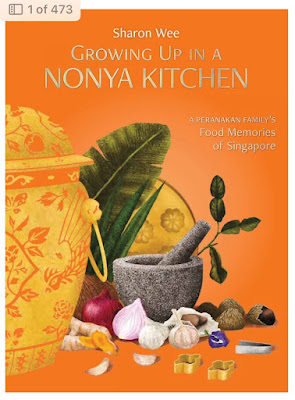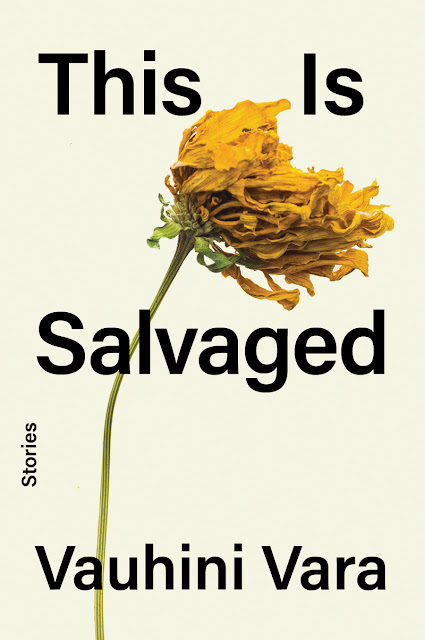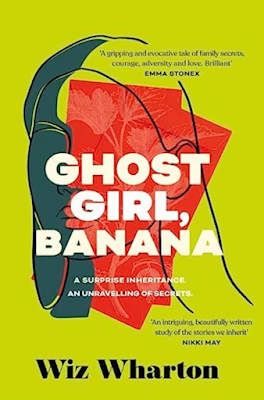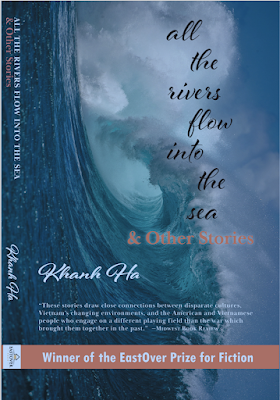.jpg) |
| Credit: SC Shekar |
Dr. Dipika Mukherjee’s collection of travel essays, WRITER’S POSTCARDS (Penguin Random House SEA), was published in October 2023. Her work is included in The Best Small Fictions 2019 and appears in World Literature Today, Asia Literary Review, Del Sol Review, and Chicago Quarterly Review, Newsweek, Los Angeles Review of Books, Hemispheres, Orion and more, and she has been translated into French, Portuguese, Bengali and Mandarin Chinese. She is the author of the novels SHAMBALA JUNCTION (Aurora Metro, winner of the Virginia Prize for Fiction) and ODE TO BROKEN THINGS (Repeater Books, longlisted for the Man Asia Literary Prize), and the story collection, RULES OF DESIRE (Fixi). Her latest poetry collection is DIALECT OF DISTANT HARBORS (CavanKerry Press, winner of Quill and Ink Award).
Her work has been performed and installed at the South Asia Institute and the American Writers Museum in Chicago, and is being developed into a choral composition by Art Choral Canada for live performances in 2024-2025.
She has received grants and fellowships, including an Esteemed Artist Award from the City of Chicago’s Department of Cultural Affairs and Special Events (USA), Illinois Arts Council Agency (USA), Ragdale Foundation (USA), Faber Foundation (Catalonia), Sacatar (Brazil), Rimbun Dahan (Malaysia), and Gladstone Library (Wales), among others. She has taught in the United States, India, China, Netherlands, Malaysia and Singapore and was Distinguished Professor of Linguistics at Shanghai International Studies University, China; Affiliated Fellow of the International Institute of Asian Studies in Leiden, the Netherlands; and affiliated to the Roberta Buffet Centre for Global Studies at Northwestern University, USA.
She is currently core faculty at StoryStudio Chicago and teaches at the Graham School at University of Chicago.
Credit: Author
Book Synopsis:
Part travelogue, part memoir, and part commentary, Writer’s Postcards is a collection of essays that examine imagination and culture through the lens of geography. A flaneuse and person of the world, Dipika Mukherjee takes readers through various encounters from her highly mobile life: the lugubrious literature of Brazil; the linguistic diversity in China and Tibet; and meeting the Dalai Lama while travelling as a lone woman through New Delhi. She examines the political unrest in Myanmar after the brief international reach of Burmese books; weighs in on Chicago’s literary landmarks and famous writers; reminisces on the languid feasting of Diwali celebrations at Port Dickson by the Malaysian-Bengali community; and finds new notions of home, identity, and belonging in the Netherlands-among many others.
Thought-provoking and unabashed in its entirety, this is a collection of essays that goes beyond the personal and communal to examine issues of international concern.
—————-
EC: Welcome to Asian Books Blog, Dipika. What an honour to have you. Thank you for sending Writer’s Postcards. I really enjoyed reading these essays about travel, solitude, spirituality, writing, teaching, food, cultural festivals, family bonds, unsung voices, and so much more. What was the impetus for this project?
DM: Thanks for these fabulous questions and such a nuanced reading of my book! My impetus would be the gendered landscape of travel writing, even today. I belong to Facebook groups of Women Travel Writers and I personally know a very diverse group of women travel writers; I have written for travel magazines and inflight magazines like Hemispheres and Orion, where women are well represented, but google “BEST TRAVEL BOOKS” and it is the Bill Brysons and Paul Therouxs of our world that pop up.




























